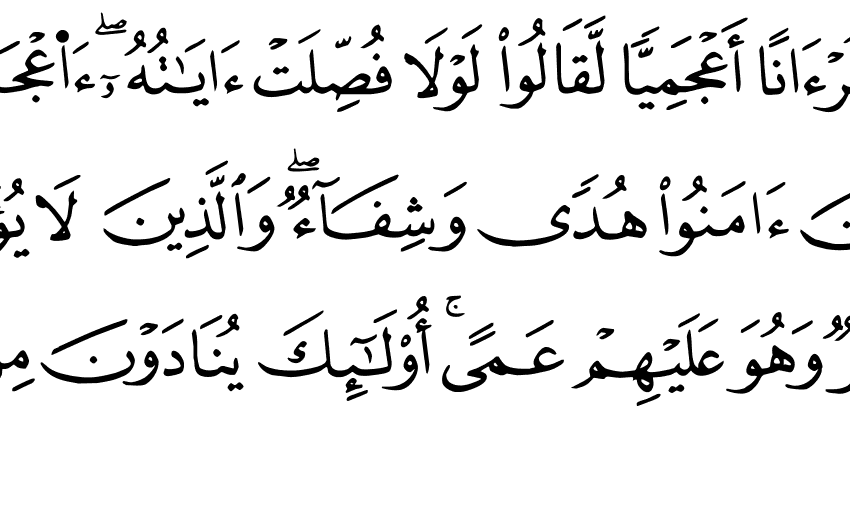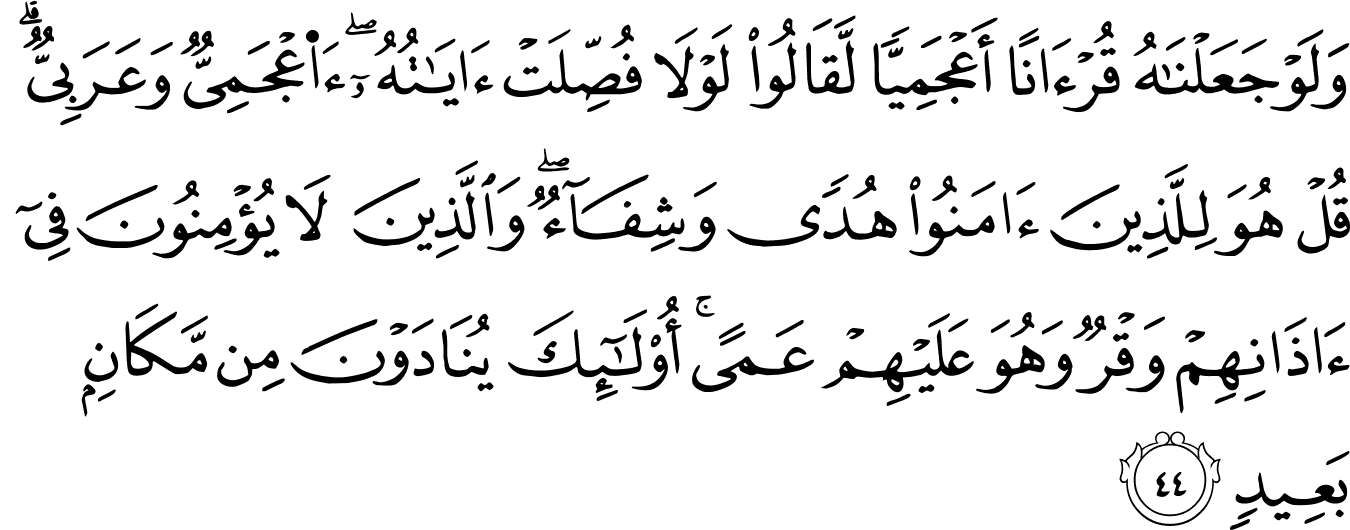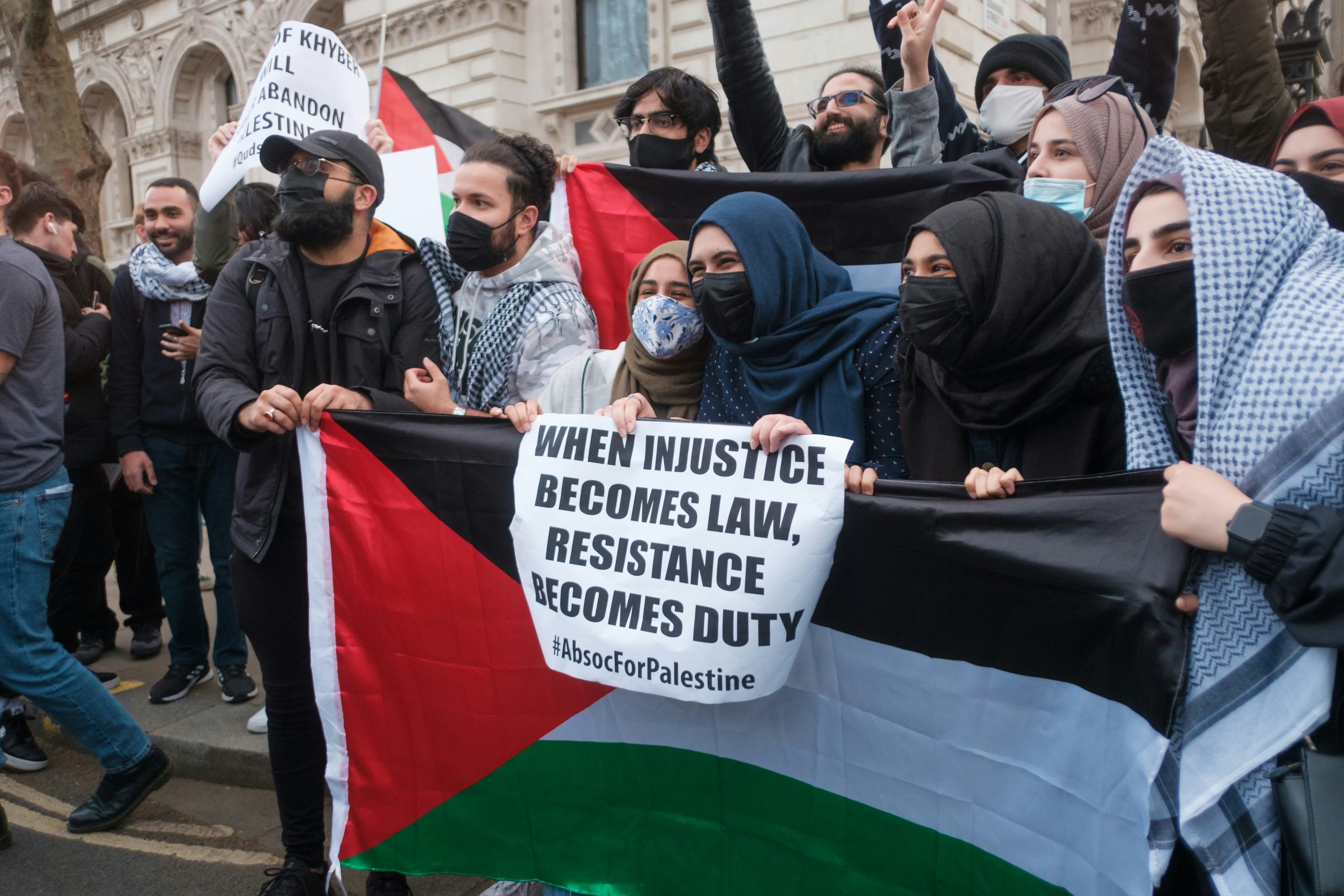
Whispers Of Gratitude: Which Of The Blessings Of Your Lord Will You Deny?
A cascade of sunlight flooded in as I pulled back the blinds. The sun’s gentle caress felt like a comforting break. The vibrant, “pretty in pink” color of bougainvillea flowers in our front yard peeking through the window creates a cheerful scene contrasting with the cold weather and breathes a sigh of relief. After months of being around people, I found solace in my room filled with amber hues, which held a stillness that resonated with my introverted nature. Busy crowds and the noise of life often leave me feeling drained, and reflecting is my usual way to recharge.
There are times when we need to slow down, reflect, and find ways to be grateful in our busy world. This is to prevent drifting through life without purpose. That search may seem more difficult when things get rough. We often look for peace and solitude and guidance from different sources when we need to make sense of it all. The Quran, a divine revelation, serves as a source of wisdom and a universal guide for humanity, offering deep insight and comfort to help us stay grounded and focused through life’s ups and downs.
Aside from its religious significance, several scientific studies have shown the potential health benefits associated with the Quran recitation. The holistic impact of the Quran on individuals is evident. As stated in the Quran,
Keep supporting MuslimMatters for the sake of Allah
Alhamdulillah, we’re at over 850 supporters. Help us get to 900 supporters this month. All it takes is a small gift from a reader like you to keep us going, for just $2 / month.
The Prophet (SAW) has taught us the best of deeds are those that done consistently, even if they are small.
Click here to support MuslimMatters with a monthly donation of $2 per month. Set it and collect blessings from Allah (swt) for the khayr you’re supporting without thinking about it.
“And if We had made it a non-Arabic Qur’an, they would have said, “Why are its verses not explained in detail [in our language]? Is it a foreign [recitation] and an Arab [messenger]?” Say, “It is, for those who believe, a guidance and cure.” And those who do not believe – in their ears is deafness, and it is upon them blindness. Those are being called from a distant place.” [Surah Fussilat: 41;44]
The oft-repeated ayah (verse) in Surah Ar-Rahman echoed in my mind: “Which of the blessings of your Lord will you deny?” This question had settled deep within my head, patiently waiting for moments like these – when the world faded away, and introspection took over.
In this solitude, I reflected on many blessings that are sometimes forgotten in the rush of existence. With my hands cupped around the steaming cup of native coffee, I inhaled its delightful aroma. The soft glow of the sun shining through my favorite book, makes the words look beautiful.
Each breath: a gift. Each heartbeat: a reminder.
فَبِأَيِّ آلَاءِ رَبِّكُمَا تُكَذِّبَانِ
“Which of the favors of your Lord will either of you deny?” is a verse in the 55th chapter of Surah Ar-Rahman of the Quran. It is a rhetorical question repeated 31 times posed both to humanity and Jinn, asking us to reflect on the countless blessings and signs of Allah’s  Mercy and Power that are evident all around us. The repetition of the verse is a reminder to continually evaluate our gratitude towards the Creator’s favors.
Mercy and Power that are evident all around us. The repetition of the verse is a reminder to continually evaluate our gratitude towards the Creator’s favors.
Nur Ghanim Qadduri al-Hamad analyzes various scholars’ views on the Qur’an’s repetitive elements in “The Purposes of Repetition in the Qur’an According to the Risale-i.” Some excerpts from his paper:
Ibn Qutayba explains that the verse “Then which of the favors of your Sustainer will you deny?” is repeated in the Quran to make believers reflect on and remember the many blessings God has given them. By placing this verse amidst the recounting of His bounties, it serves as a reminder of God’s generosity and power, ensuring that the significance of these gifts remains firmly in the minds of the readers (Ibn Qutayba, Ta’wil Mushkil al-Qur’an, p. 239).
Many scholars have suggested various reasons for the repetition 31 times of the verse, “Then which of the favors of your Sustainer will you deny?” (See, al-Khatib al-Iskafi, Durrat al-Tanzil, 463; al-Kirmani, Asrar al-Takrar fi’l-Qur’an, 198; al-Nasafi, Madarik al-Tanzil, iv, 214.)
However, Fakh al-Din al-Razi (d. 604H) says that such interpretations are based on nothing authentic. He points out these repetitions are revelations, and man cannot penetrate their mysteries with his mind. It is best therefore for man not to make exaggerated interpretations of God’s Word. (al-Fakhr al-Razi, Muhammad ibn ‘Umar, al-Tafsir al-Kabir (famous as Mafatih al-Ghayb) (Dar al-Fikr, 1405/1985) xxix, 97.)
The verse, in all its depth, encourages us to take a moment to contemplate the many ways we are nurtured and sustained by Allah  . The verse does more than just remind us of our blessings. It challenges us to deepen our understanding of gratitude.
. The verse does more than just remind us of our blessings. It challenges us to deepen our understanding of gratitude.
***
In Islamic teachings, gratitude for Allah’s  Blessings is deeply connected with empathy towards others. The Quran speaks against ingratitude and harm (Surah Al-Baqarah: 2;205), while it commends caring for the oppressed (Surah Al-Ma’un: 107;1-3). Prophet Muhammad ﷺ is noted for his empathy, as Allah
Blessings is deeply connected with empathy towards others. The Quran speaks against ingratitude and harm (Surah Al-Baqarah: 2;205), while it commends caring for the oppressed (Surah Al-Ma’un: 107;1-3). Prophet Muhammad ﷺ is noted for his empathy, as Allah  describes him as deeply affected by others’ suffering and kind to believers (Surah At-Tawbah: 9;128). He ﷺ also taught that believers should empathize with each other like a single body feeling pain (Bukhari). These principles underscore the significance of empathy and justice as responses to divine blessings.
describes him as deeply affected by others’ suffering and kind to believers (Surah At-Tawbah: 9;128). He ﷺ also taught that believers should empathize with each other like a single body feeling pain (Bukhari). These principles underscore the significance of empathy and justice as responses to divine blessings.
Gratefulness goes beyond acknowledging our blessings but also the struggles and sufferings of others. Unfortunately, we don’t often see other people’s pain. Tragedies, loss, destruction, and other sad news stories seem to pop up every day, but they can only ironically make us blind from the pain that people are going through, both at home and abroad.
Once we realize the blessings Allah  asks, “Then which of your Lord’s blessings will either of you deny?” It’s crystal clear that when we look around, we’ll find countless reasons to be grateful for the favors of Allah
asks, “Then which of your Lord’s blessings will either of you deny?” It’s crystal clear that when we look around, we’ll find countless reasons to be grateful for the favors of Allah  .
.

Bound by duty [PC: Ehimetalor Akhere Unuabona (unsplash)]
This verse becomes even more meaningful when seen through the lens of the Palestinians today. The ongoing war has produced horrifying images of the current situation in Palestine. I am unable to express even a small fraction of their suffering or put it into words. The situation is deplorable for war victims, but they have demonstrated unwavering faith. Thinking about the verse in light of the Palestinian struggles forces us to confront the uncomfortable truths about privilege, power, and responsibility. Not everyone has the same shot at opportunities and freedoms we often overlook. It’s on us to acknowledge this reality and our faith calls us to stand in solidarity with those who are facing hardships, including nations facing atrocities and other grave injustices.
Having said this, true empathy requires more than just sentiment. It demands action and accountability such as requiring us to educate ourselves about the root causes of injustice, challenging oppressive systems, and supporting grassroots movements for change.
Moreover, the verse challenges us to examine our complicity in systems of oppression and injustice. It requires us to recognize how our actions or inactions may cause others pain and take real action to fix them. This reminds us that true gratitude is not passive, but is expressed through action – through speaking out against discrimination and oppression in all its forms.
The verse urges us to open our eyes and hearts. History bears witness to humanity’s tendency to favor worldly pursuits over spiritual progress. From ancient times to the present, the quest for power has often overshadowed the path of righteousness. Grand empires rose and fell, driven by ambition rather than divine guidance. In this age of technology marvels and material wealth, worldly distractions persistently draw us away from our spiritual core. As we journey through life, let’s listen for the inner voice that guides us back to our true purpose.
Then, which of the blessings of your Lord will you deny?
And so, I write, and I contemplate, and I offer my heart’s whispered response: “None, Ya Allah Ya Rahman, none!”
Related:
– 5 Steps To Grow From Passive To Active Bystanders During The Genocide Of Gaza



